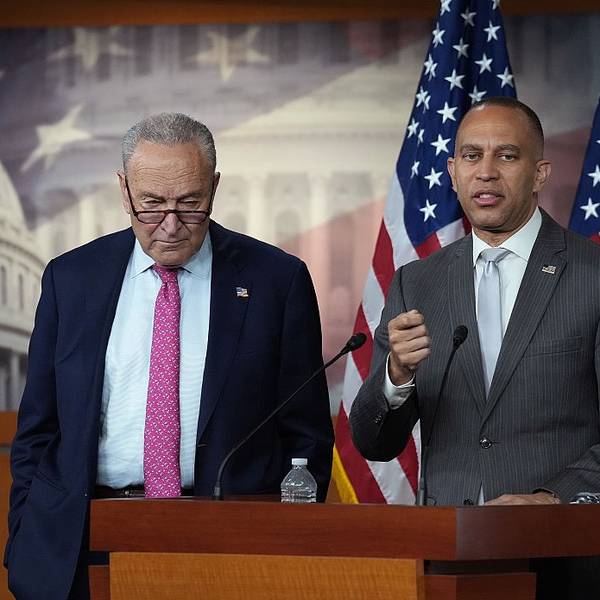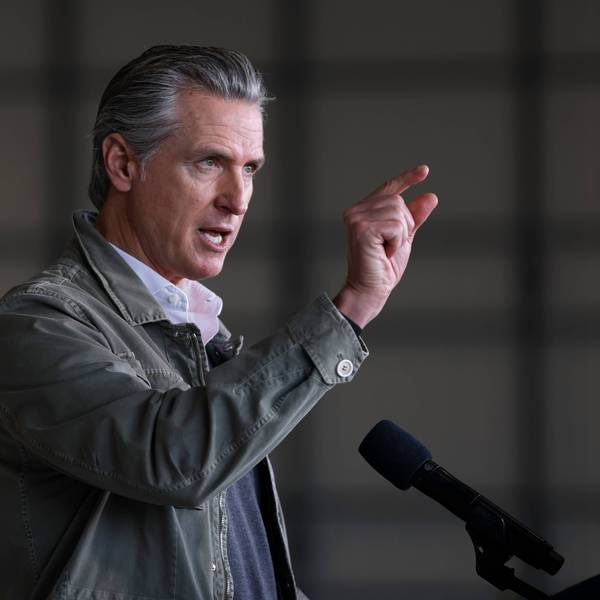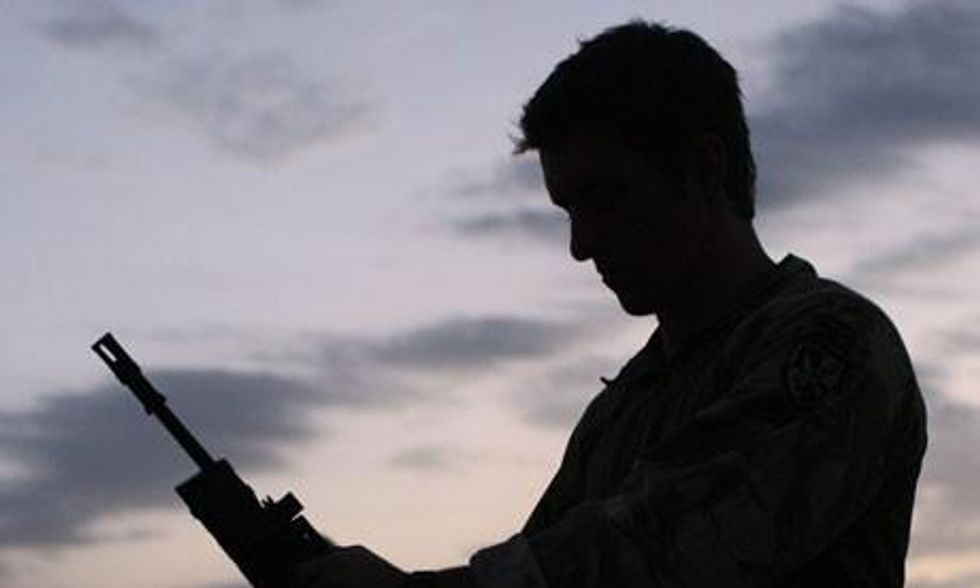In trying to understand the ongoing suicide epidemic among soldiers and veterans a third factor in addition to physical injuries and PTSD is now being discussed: the moral injuries they bring back.
The US Department of Veterans Affairs recently coined the terminology and is spot-on in its choice. During my officer training at Sandhurst in the UK, I was taught that fighting power - the ability to operate in war - could be broken down to three mutually dependent components: physical (the means to operate), conceptual (the ideas behind how to operate), and moral (the ability to get people to operate).
Soldiers leave theatres of war affected to different degrees in those three areas, each of which influences their ability to operate once home. The physical and conceptual are all too apparent: the soldier who had his testicles blown off or who wakes up screaming at night. Moral scars, though less noticeable, have a way of cutting deep, also. And they are not negated as easily as many suppose.
Convenient arguments justifying killing legitimate enemies in the line of duty don't hold up well for Iraq and Afghanistan. This was illustrated shortly after my arrival in Helmand province, when a soldier told me about his patrol getting ambushed.
During the ensuing firefight with the Taliban, he spotted a girl - he reckoned a four-year-old - on the roof of an Afghan compound, holding a mobile phone to her ear. He assessed she was a Taliban mortar fire controller, directing intense enemy fire onto his patrol's position; they were pinned down as a result. He radioed a jet and directed it to drop a bomb on the girl and the building.
"I did what I had to do," he told me.
Not such an easy one for armchair moralists to call. Countless soldiers return with such experiences on their consciences.
"I'm no longer the 'good' person I once thought I was," wrote Timothy Kudo, an ex-US marine corps captain, of life after an Afghanistan tour and ordering the deaths of others. He nails a dilemma most veterans face: the only people who can forgive us are dead.
That thought haunts the coming to terms with what we were part of and who we thought we were. Futile attempts to reconcile our actions in wars which proved to have little if nothing to do with defending our homeland or that of others fuel further doubts about whatever threads of moral authority we thought we once possessed or knew how to act on.
Moral authority counts, as they taught us at Sandhurst. Soldiers naturally seek justification for their actions in the aftermath, when reflection is afforded. An obvious source for justification - as well as inspiring many to join the military - is the notion of acting on the "right side", being part of a broader effort to do some good.
But try sustaining that narrative after tours in Iraq and Afghanistan. I couldn't.
Might there be some solace of justification by considering damage limitation: how deaths in Iraq and Afghanistan are fewer than others wars such as Vietnam? But reducing justification to a numbers game, which happens in most of the media with embarrassing frequency, is sheer moral circumvention. Aristotle argued moral virtue was a mid-point between two undesirable extremes, but I think he missed the fact of there being some absolute truths.
"The killing of children, Jerry children, or Jap children, or whatever enemies the future may hold for us, can never be justified," wrote Kurt Vonnegut, after he experienced the Dresden bombing.
Quantitative judgements don't apply. That's the dark truth: one life lost is enough. Be it one child, or one man stood by the corner of a building in al-Amarah pointing an RPG at my tank. The rules of engagement supported my ordering the gunner to engage him with our 7.62mm coax. But you've got to wonder. He was stood there in the open while I was sat encased in 72 tonnes of armour. I forfeited the moral authority on that one a while back.
Regardless of numbers killed before, soldiers can feel morally bankrupt facing up to the tally they carry. Each death shames us, eroding our claim to a shared humanity - which isn't a concept that evaporates by joining the military.
Soldiers and veterans are keenly aware of the ethical damage of war and which they've instigated, each in their own way. Everyone reacts differently, but guilt and shame are hard to avoid. Sharing such feelings is immensely hard, as many fear being condemned and consequently feel exiled in society.
Veterans assume an extra burden by trying to assimilate back into civilian life, which poses a particular moral challenge. Having recognised oneself to have been a voluntary party to violence and cruelty, one learns how desperately important it is to try to be good. But one is confronted by a civilian population full of petty selfishness, nastiness and ignorance, while patting you on the back for your service.
At the same time, you remember how, in a war zone where it was all going wrong and was based on lies, you had the most tangible relationships you've ever had: people watched out for you, didn't look through you every day. You're left just a tad frustrated and confused, as well as feeling trapped.
The more time goes by since leaving the army, the more doubts occur about whether I ever did the right thing. I've realized I'll probably never achieve any answers - perhaps for the best - and should get used to living with the unanswered.
Sadly, that's much easier said than done. As the repercussions of Iraq and Afghanistan play out, many soldiers and veterans will continue making the loneliest of decisions.




